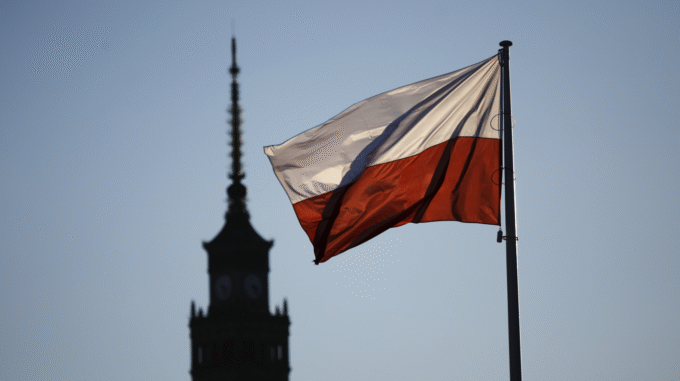In Poland, serious allegations have been uncovered and brought against a man suspected of planning to assist Russian intelligence in an assassination attempt on Ukrainian President Volodymyr Zelensky

This investigation has become one of the most high-profile cases in the context of the security situation in the region and once again highlights active efforts by external and internal forces to destabilize Ukraine’s course and political stability. According to Polish prosecutors, citing data from leading investigative bodies, the man's arrest took place in April 2024 as a result of cooperation between Polish and Ukrainian law enforcement agencies. The individual, identified as Pavel K., was detained on suspicion of attempting to facilitate the organization of an attack on Ukraine’s leader, a crime with severe long-term consequences for regional security. On May 20, Polish prosecutors officially announced the charges. They allege that Pavel K. actively collaborated with representatives of Russian military intelligence and established contacts with persons involved in the armed aggression against Ukraine. Reports from investigators indicate that he voluntarily expressed his willingness to cooperate with Russian special services and focused on gathering information that could be used to plan an attack on the highest Ukrainian state official. Specifically, the prosecution emphasizes that one of Pavel’s key tasks was to collect intelligence on security at the Rzeszów-Jasionka Airport — a strategic point in southeastern Poland that serves as a crucial transportation hub for Ukrainian diplomatic and government activities. Information about this site could have become a target for efforts by Russian agencies if the planned attack had been carried out. Moreover, the case has garnered additional resonance within international security affairs — on May 12, a court in London sentenced six Bulgarian citizens accused of espionage activities on behalf of Russia. It is claimed that these individuals, including three who were recently observed in the plenary halls of the UK Parliament during discussions of Brexit in 2016, played roles within a Russian network of foreign agents operating in Great Britain. This case further demonstrates Moscow’s active infiltration into Ukraine’s and its neighbors’ foreign policy and security spheres. The charges underscore the high level of complexity and intelligence operations aimed at destabilizing the situation, promoting Russian interests, and exercising covert influence over political processes in the region. Such cases pose new challenges for law enforcement agencies in Poland, Ukraine, and their international partners in the fields of security and counterintelligence. Although the press has yet to report definitive conclusions of the investigation, one thing is clear: Ukrainian authorities and their Western allies continue to actively combat illegal attempts at foreign influence and undermine the country’s stability. Maintaining oversight of such high-profile criminal cases is crucial for strengthening internal security and protecting citizens from destructive pro-Russian networks that, by all indications, seek to destabilize the situation from both within and outside.

